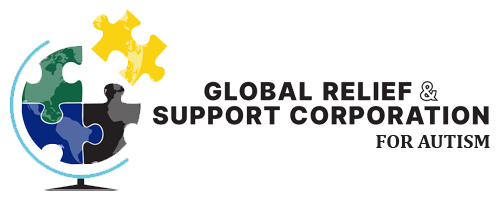The Importance of Early Recognition
Before we delve into the early signs, let’s underline the significance of early recognition and intervention. According to the Centers for Disease Control and Prevention (CDC), autism spectrum disorder (ASD) is typically diagnosed around age 4, but children can be diagnosed as early as age 2. Early intervention services can make a profound difference in a child’s life, improving their overall development and long-term outcomes.
Understanding Early Signs
Autism is a complex neurodevelopmental disorder, and its early signs can vary widely from child to child. However, there are some common behaviors and developmental milestones that can serve as red flags:
- Social Challenges: One of the earliest signs is often difficulty with social interactions. Children with autism may not respond to their name, avoid eye contact, or seem disinterested in playing with others.
- Communication Difficulties: Delayed speech or language skills are common. Some children may not speak at all, while others might repeat phrases (echolalia) without understanding their meaning.
- Repetitive Behaviors: Look out for repetitive movements, such as hand-flapping, rocking, or spinning objects. Children with autism may become fixated on specific interests.
- Sensory Sensitivities: Many children with autism experience sensory sensitivities. They may be sensitive to lights, sounds, textures, or smells, leading to unusual reactions.
- Regression: In some cases, children with autism appear to develop typically but then regress, losing previously acquired language or social skills.
Seeking Professional Help
If you notice any of these signs, it’s crucial to consult with a healthcare professional. Pediatricians, developmental pediatricians, and child psychologists can conduct evaluations and assessments to determine if your child might have autism.
Early Intervention Services
Early intervention services, such as speech therapy, occupational therapy, and applied behavior analysis (ABA), can be incredibly effective in helping children with autism develop essential skills. The Individuals with Disabilities Education Act (IDEA) ensures that children with developmental delays, including autism, receive early intervention services.
Conclusion
Recognizing the early signs of autism is a vital step in providing your child with the support they need to thrive. Remember that every child is unique, and early intervention can make a significant difference in their development. Don’t hesitate to reach out to professionals if you have concerns about your child’s behavior or development. By taking proactive steps, you can help your child unlock their full potential and embark on a journey toward a brighter future.



